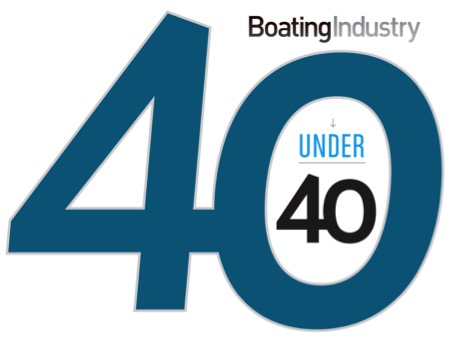2006 Market Data Book — Boating Industry At The Helm
Numbers are great — until they work against you.
And nowhere is that more evident or personal than when it comes to compensation.
I’ll never forget the first time I discovered that my salary was significantly less than the national and regional averages. Already feeling overworked and undervalued, I was not only infuriated but also demotivated.
Mechanics in the Twin Cities area found themselves in a similar maddening dilemma last spring. Nearly 1,400 employees at 41 of the area’s 150 franchised new car dealerships rejected a proposal and went on strike in April after the Greater Metropolitan Automobile Dealers Association of Minnesota presented a contract that sought to pay journeymen, who typically made about $22 per hour at the time, about $5 less for “light-duty” work. This new classification would pay newly hired workers who perform common service work, such as oil changes, an average of $14.25 per hour, and pay journeymen about $17.
The contract changes and eventual strike, which lasted about a month, were precipitated by the competition that dealer service departments face from the quick lube-type operations. Lower-priced alternatives made it difficult for dealerships, with certified, highly qualified mechanics, to keep the business and hold their margins at the same time.
In a weird sort of way, that’d be a nice problem to have in the marine industry. Whereas auto dealers make most of their margins in the service department, most marine dealer service operations aren’t very profitable. And anyone who does turn a profit most likely doesn’t have a worthy competitor in his area. If the marine industry had a competitive market, we’d be a lot more concerned about improving our service practices, not to mention our technicians.
As it is, however, the marine industry doesn’t have much of a grasp on its service business or the value of its technicians. In a quick, unofficial survey of “those-in-the-know,” no one knew what kind of salary the average marine technician makes. My bet is that even if we did know, it doesn’t compare favorably with even the reduced salaries those Twin Cities auto mechanics went on strike over.
It’s no wonder we can’t recruit or retain technicians. Despite the fact that we’re paying attention to the issue now, it may be too little too late, given the obvious comparative advantages a career as an auto mechanic offers vs. a marine mechanic. Consider the mind-numbing perspective the Bureau of Labor Statistics recently rolled out: The auto industry will need 35,000 new technicians every year through 2010. And Automotive Retailing Today, a coalition of automakers and retailers, says there are currently 37,000 job vacancies.
As you can imagine, those auto mechanics in the Twin Cities held out for and received a better contract. They held all the cards.
The marine industry is having trouble even getting into the game.




